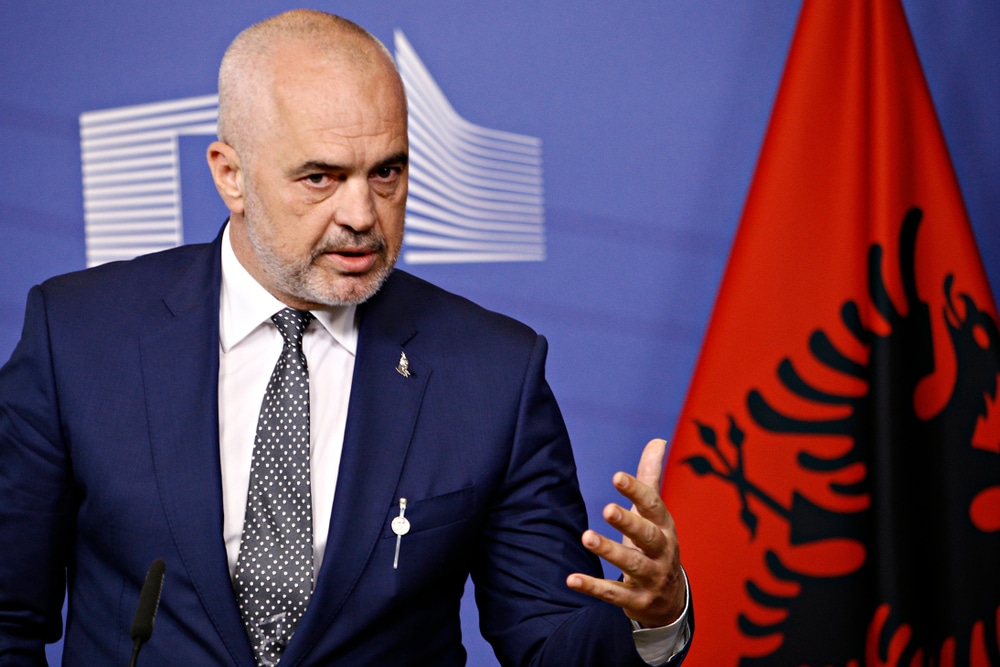Albania’s Prime Minister Edi Rama announced a one-year ban on TikTok, citing its role in inciting violence and bullying among children. The ban will take effect in 2025.
The decision follows the fatal stabbing of a 14-year-old boy by a classmate in November, which authorities linked to social media disputes and videos glorifying violence.
Local media reported that the stabbing stemmed from arguments between the boys on social media platforms. Videos later emerged on TikTok showing young people supporting the killing, further raising concerns about the app’s influence.
Prime Minister Rama described TikTok as fueling a “language of hatred, violence, [and] bullying,” contributing to unsafe environments for children.
TikTok, owned by Beijing-based ByteDance, has denied any direct connection to the incident. The company stated that it found no evidence the victim or perpetrator had TikTok accounts and claimed the content in question originated from another platform.
Rama emphasized that the ban was not a “rushed reaction to a single incident” but a result of consultations with parents and teachers across the country.
Authorities held over 1,300 meetings to discuss the influence of social media on children. Reports indicate that 90% of parents supported the ban, though it has been met with resistance from many teenagers, who view TikTok as a source of entertainment and self-expression.
In addition to the ban, Albania has increased police presence and strengthened school safety measures. The decision also aligns with broader concerns in Europe over the impact of social media on children’s mental health. Countries like France, Germany, and Belgium have imposed restrictions on social media use among youth.
Prime Minister Rama stressed Albania’s responsibility to protect its children, saying: “Either TikTok protects the children of Albania, or Albania will protect its children from TikTok.”




